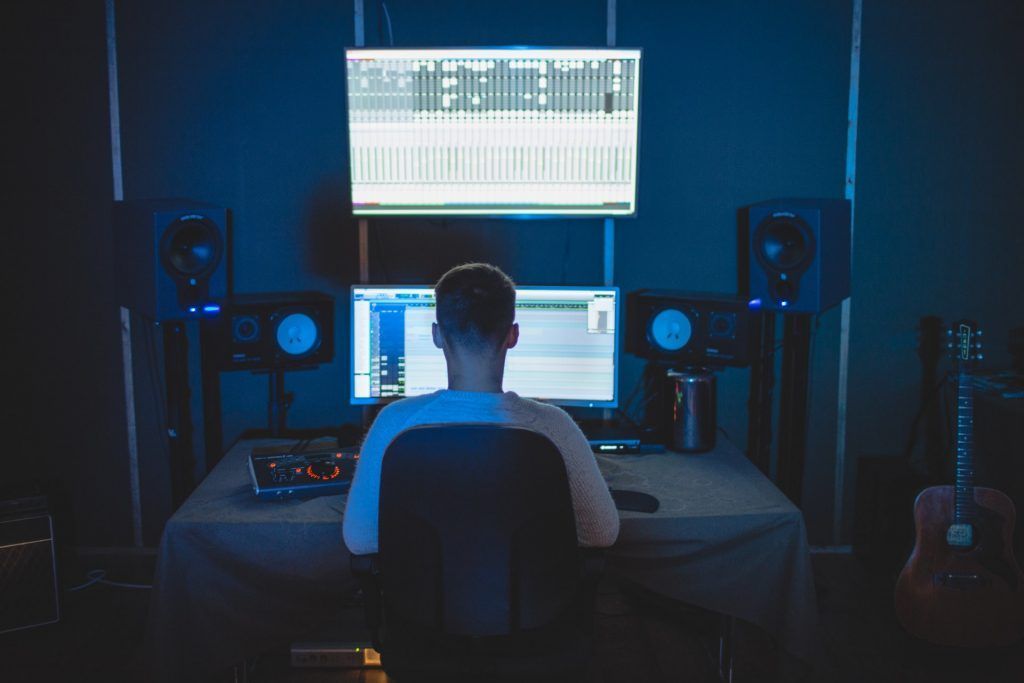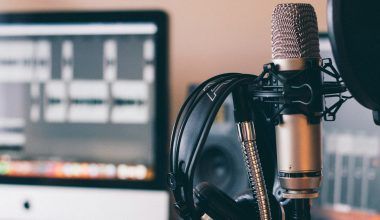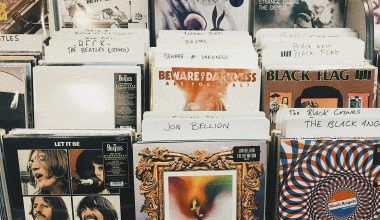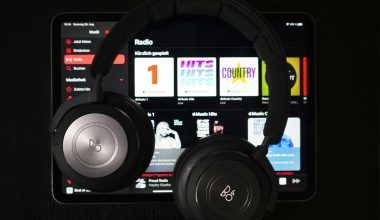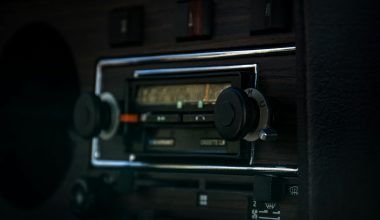The music industry is undergoing a big change, with artificial intelligence (AI) leading the way. The phrase AI change the future of the music is not just a trend but a reality. AI is changing how music is created, produced, and shared. In this blog, we will explore how AI change the future of the music industry and what it means for artists, producers, and listeners.
AI in Music Creation: A New Frontier for Artists
AI is opening new doors in music creation. In the past, composing music required deep knowledge of music theory. But now, AI tools make it easier for anyone to create music. Platforms like AIVA and OpenAI’s MuseNet can generate entire pieces of music based on a few simple inputs. These tools do not replace human creativity but add to it, offering artists new ways to make music.
AI can handle repetitive tasks, giving musicians more time to focus on the creative parts of their work. This is important in a fast-paced industry where time matters. AI can also help artists experiment with different styles and sounds, making it easier to try new things without much effort. This is one of the many ways AI change the future of the music industry.
AI in Music Production: Enhancing Quality and Precision
Music production has also been transformed by AI. High-quality sound used to require expensive studios and expert engineers. Today, AI mastering services, like those from Deliver My Tune, allow even independent artists to achieve professional sound quality. AI analyzes audio and makes precise adjustments to ensure the best possible sound. This has made music production more accessible to a wider range of artists.
AI tools can also help with mixing, making sure all parts of a track are balanced and clear. By analyzing data, AI can suggest the best mixing techniques for a specific genre. This leads to a polished final product that stands out. This is another example of how AI change the future of the music industry.
AI in Music Distribution: Connecting Artists with Global Audiences
After a track is produced, it needs to be shared. AI plays a crucial role in this process too. In the digital age, music distribution is not just about putting songs on platforms like Spotify. It’s about making sure the right people hear them. AI change the future of the music by improving how music is recommended to listeners.
Streaming platforms use AI to analyze user behavior. They look at what people listen to, when, and how often. This helps create personalized playlists that match the listener’s taste. For artists, this means their music is more likely to be discovered by new fans. Personalized recommendations are a powerful tool for getting noticed, especially for new artists. This is a clear sign of how AI change the future of the music experience for both artists and listeners.
AI in Music Marketing: Targeted and Effective Campaigns
Marketing is key to any music release, and AI is making it smarter. AI change the future of the music by transforming how marketing campaigns are done. With AI, artists can better understand their audience by analyzing data from social media, streaming, and other sources. This allows them to tailor their marketing efforts more effectively.
AI can automate many marketing tasks, like posting on social media or managing ads. It can also help create content that resonates with fans. By targeting ads based on user behavior, AI ensures that marketing reaches the right people. This makes campaigns more effective and less costly, which is another way AI change the future of the music industry.
AI in Music Personalization: Crafting Unique Listener Experiences
As more music is created, standing out becomes harder. AI helps by personalizing the music experience for listeners. AI change the future of the music by offering tailored experiences that keep listeners engaged.
Platforms like Spotify, Apple Music, and YouTube use AI to create personalized playlists. These playlists are based on a user’s listening history and preferences. For artists, this means a better chance of reaching listeners who will enjoy their music. Personalized playlists are crucial for emerging artists trying to build an audience. As AI gets better, these recommendations will become even more accurate.
AI in Music Rights Management: Protecting Artist Interests
AI change the future of the music by making music rights management easier and more effective. In today’s digital world, ensuring that artists get paid for their work is challenging. AI tools can track how and where music is used, making sure artists receive fair compensation.
AI can monitor streaming platforms and social media to detect unauthorized use of music. It can also help calculate royalties more accurately. By automating these processes, AI reduces the workload on artists and their teams. This allows them to focus more on creating music. As AI improves, it will do an even better job of protecting artists’ rights.
The Future of AI in Music: Exploring New Horizons
The influence of AI on the music industry is just beginning. As technology advances, AI will offer even more innovative uses in music. AI change the future of the music by pushing the boundaries of creativity.
One possibility is that AI will create new genres of music. By blending different styles and influences, AI could introduce listeners to sounds they’ve never heard before. This could lead to the rise of new music genres, further diversifying the music landscape.
AI could also change how we experience live performances. Imagine a concert where the music adapts to the audience’s energy in real-time. AI could analyze the crowd and adjust the music to match their mood. This would create a more interactive and engaging concert experience.
Another exciting development is AI in music education. AI-powered tools could offer personalized lessons and feedback to students. These tools could analyze a student’s playing style and suggest ways to improve. This would make music education more accessible and effective.
Challenges and Ethical Considerations
While AI offers many benefits, it also presents challenges. One concern is that AI could replace human jobs in the music industry. As AI takes over tasks traditionally done by humans, there is a risk of job loss. However, it’s important to see AI as a tool that complements human creativity rather than replacing it.
Another issue is the potential for AI to create music that closely resembles the work of human artists. This raises questions about originality and intellectual property. The music industry needs clear rules to ensure that AI-generated music respects the rights of human creators. It’s also crucial that listeners know when AI has been used in making music.
AI and the Democratization of Music
One of the biggest impacts of how AI change the future of the music is in making the industry more accessible. In the past, breaking into the music industry required access to expensive resources. But AI is lowering these barriers.
AI tools for composing, producing, and distributing music are becoming more affordable. This is empowering a new generation of independent artists. These artists can create and share their music without needing traditional industry connections. The result is a more diverse music industry with more voices and styles.
AI-powered platforms are helping to level the playing field. Independent artists now have access to the same tools and opportunities as established stars. This shift is changing the music industry and challenging traditional ideas of success.
The Role of AI in Music Collaboration
AI is also changing how artists collaborate. AI change the future of the music by enabling new forms of collaboration between artists and even between artists and machines.
This collaboration can lead to unique music that pushes the boundaries of traditional genres. AI also makes it easier for artists from different parts of the world to work together. They can use AI tools to collaborate in real-time, even if they are not in the same place. This global collaboration is creating new, cross-cultural music.
AI also allows artists to engage with their fans in new ways. Some artists use AI to create interactive music experiences. Fans can influence the direction of a song or remix it themselves. This not only enhances the fan experience but also helps artists build stronger connections with their audience.
Looking Ahead: The Future of AI and Music
As we look to the future, it’s clear that AI change the future of the music will continue to grow. AI is still in its early stages, and we can expect to see more innovative uses as the technology advances.
AI could create entirely new forms of music. For example, AI could blend elements from different cultures and genres to create a unique sound. This could lead to the rise of new music genres and subcultures, further diversifying the global music scene.
AI could also change how we listen to music. As AI-driven platforms get better, they will offer more personalized and immersive experiences. For example, AI could analyze a listener’s mood and create a playlist that matches it perfectly.
However, as AI reshapes the music industry, we must address the ethical issues that come with it. The music industry needs to ensure that AI benefits everyone, including artists, fans, and industry professionals. This includes setting guidelines for AI-generated music, protecting artists’ rights, and ensuring that AI enhances rather than replaces human creativity.
Conclusion: Embracing the AI Revolution in Music
In conclusion, AI change the future of the music in many exciting ways. From creating and producing to distributing and marketing, AI is transforming every part of the music industry. While there are challenges, the benefits of AI in music are enormous.
By embracing AI, artists and industry professionals can unlock new opportunities for creativity and success. The future of music is tied to AI advancements, and those who adapt will lead the industry’s evolution. As we move forward, it’s important to explore the possibilities that AI offers while ensuring that this technology is used responsibly.
For further reading, explore these related articles:
- How Long Does It Take for Music to Appear on Spotify?
- How Digital Music Distribution Has Made It Easy to Sell Music
- List of Musical Terms (Music Glossary)
For additional resources on music marketing and distribution, visit Deliver My Tune.
